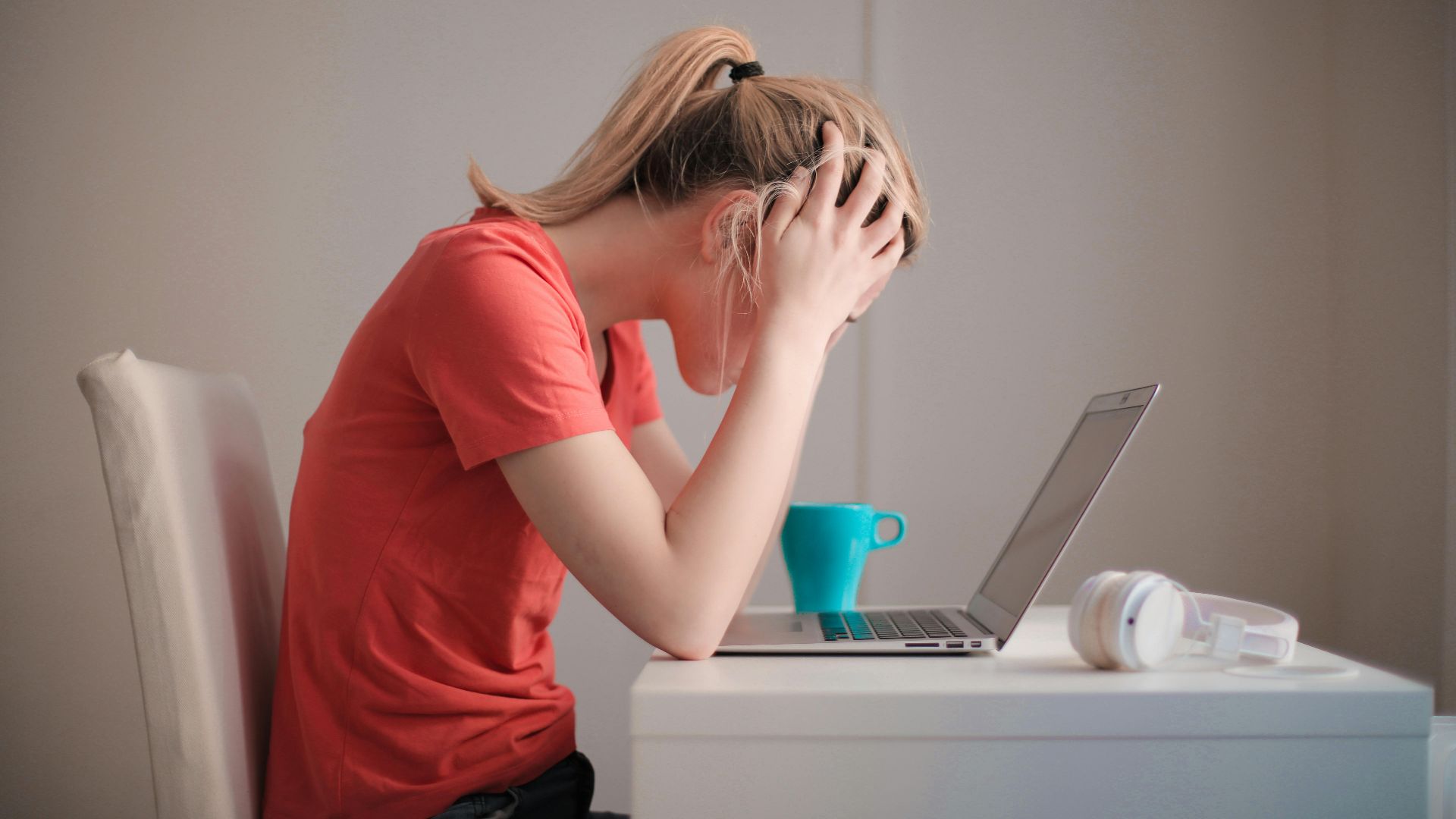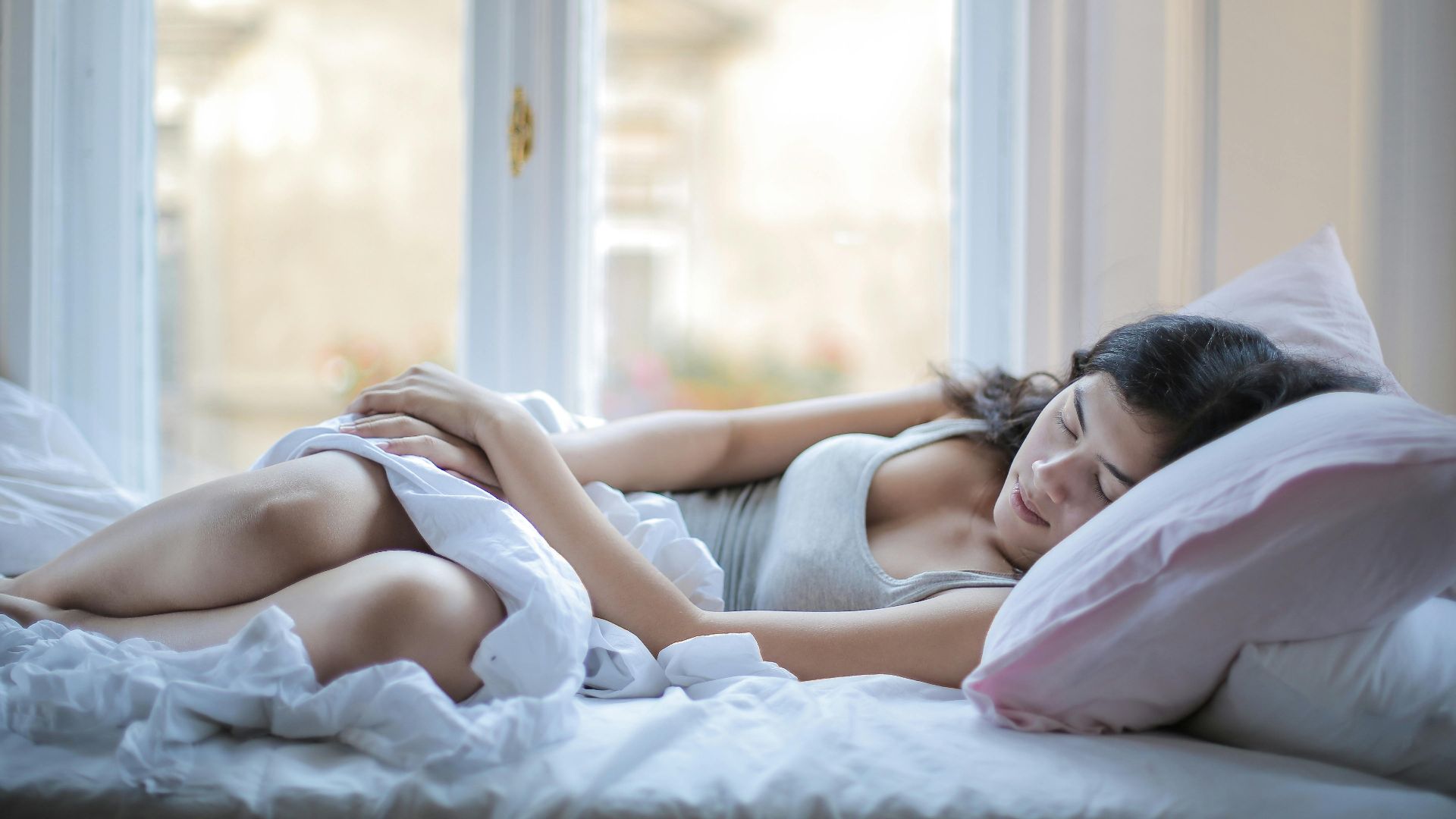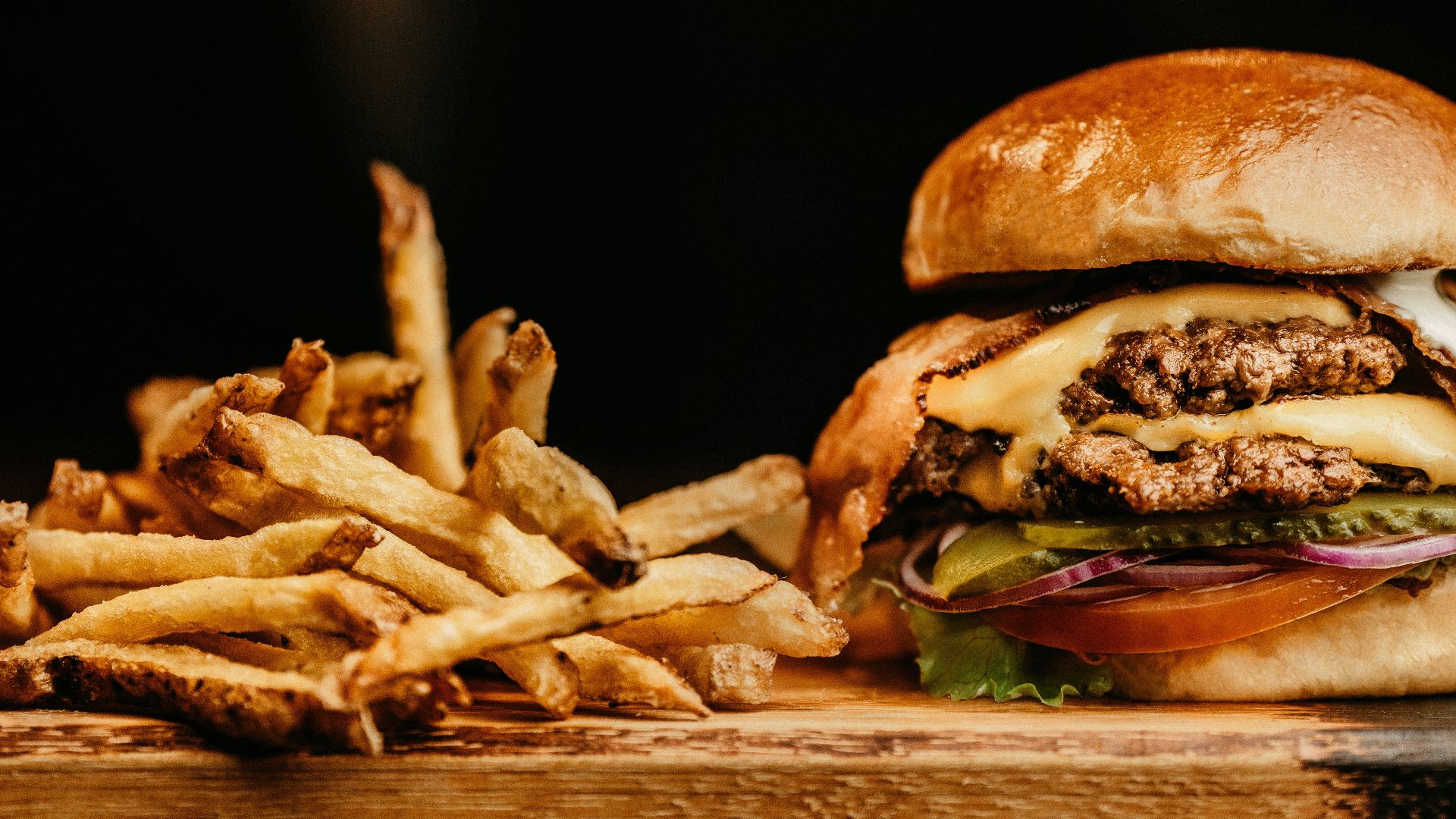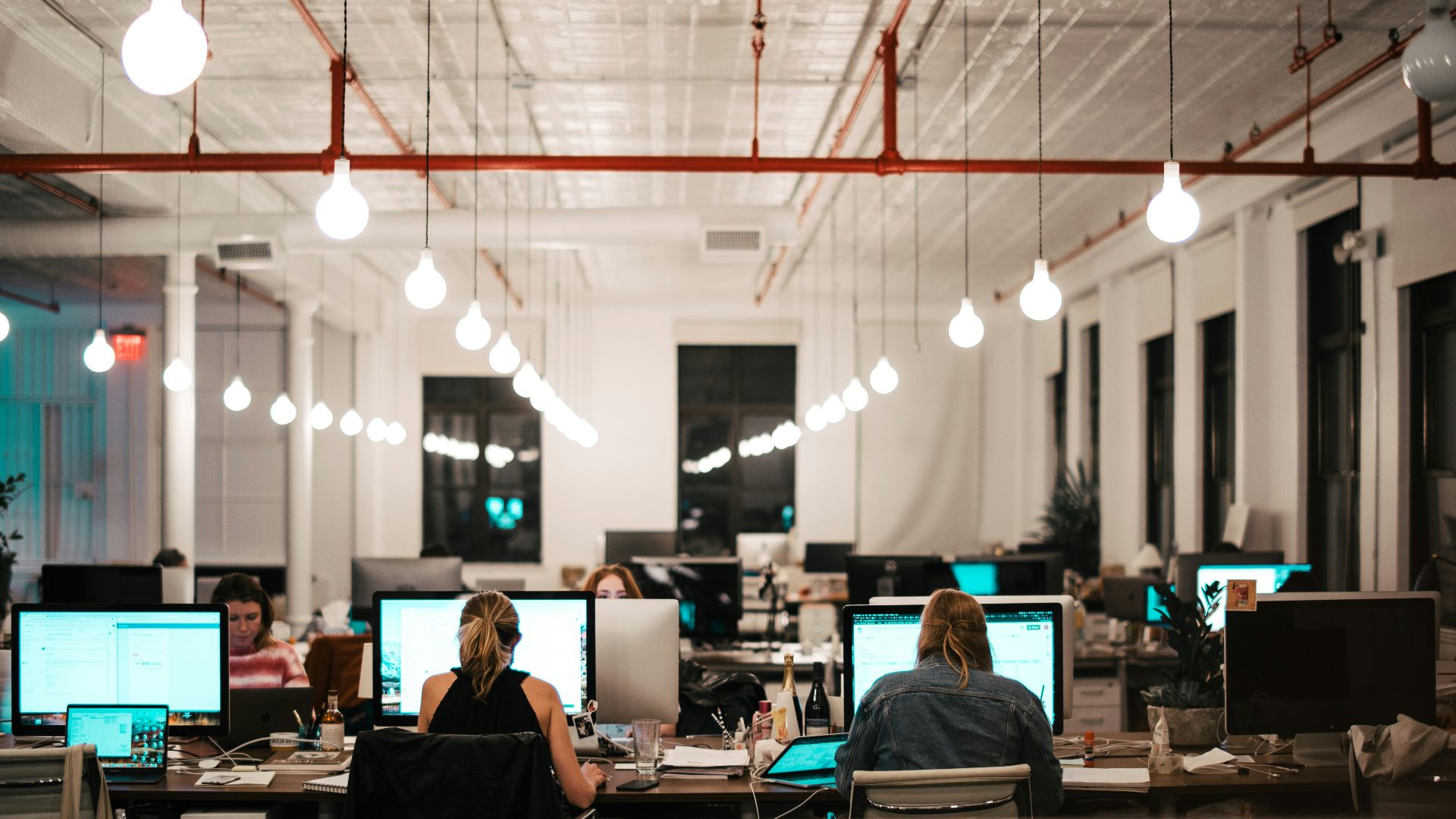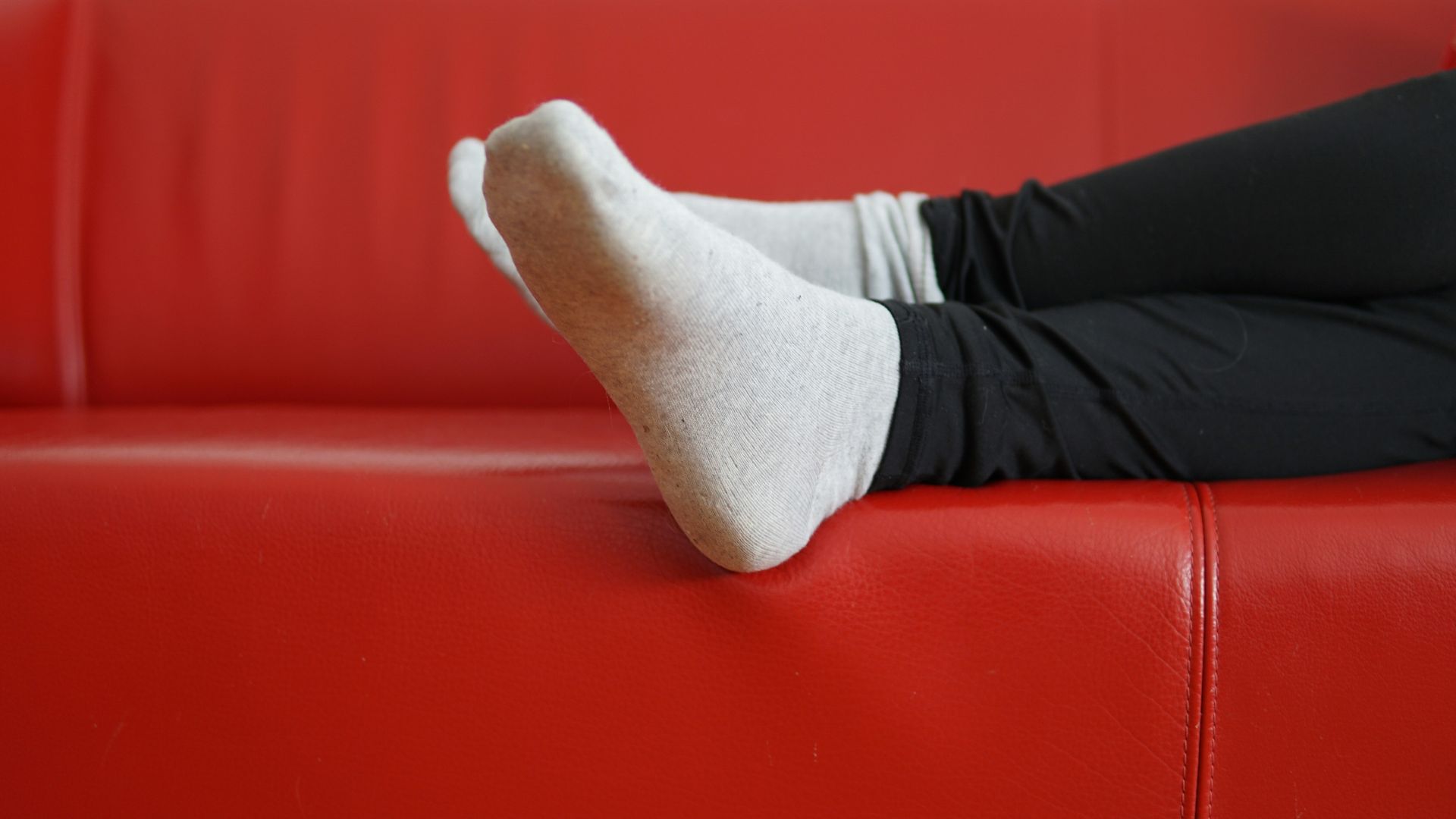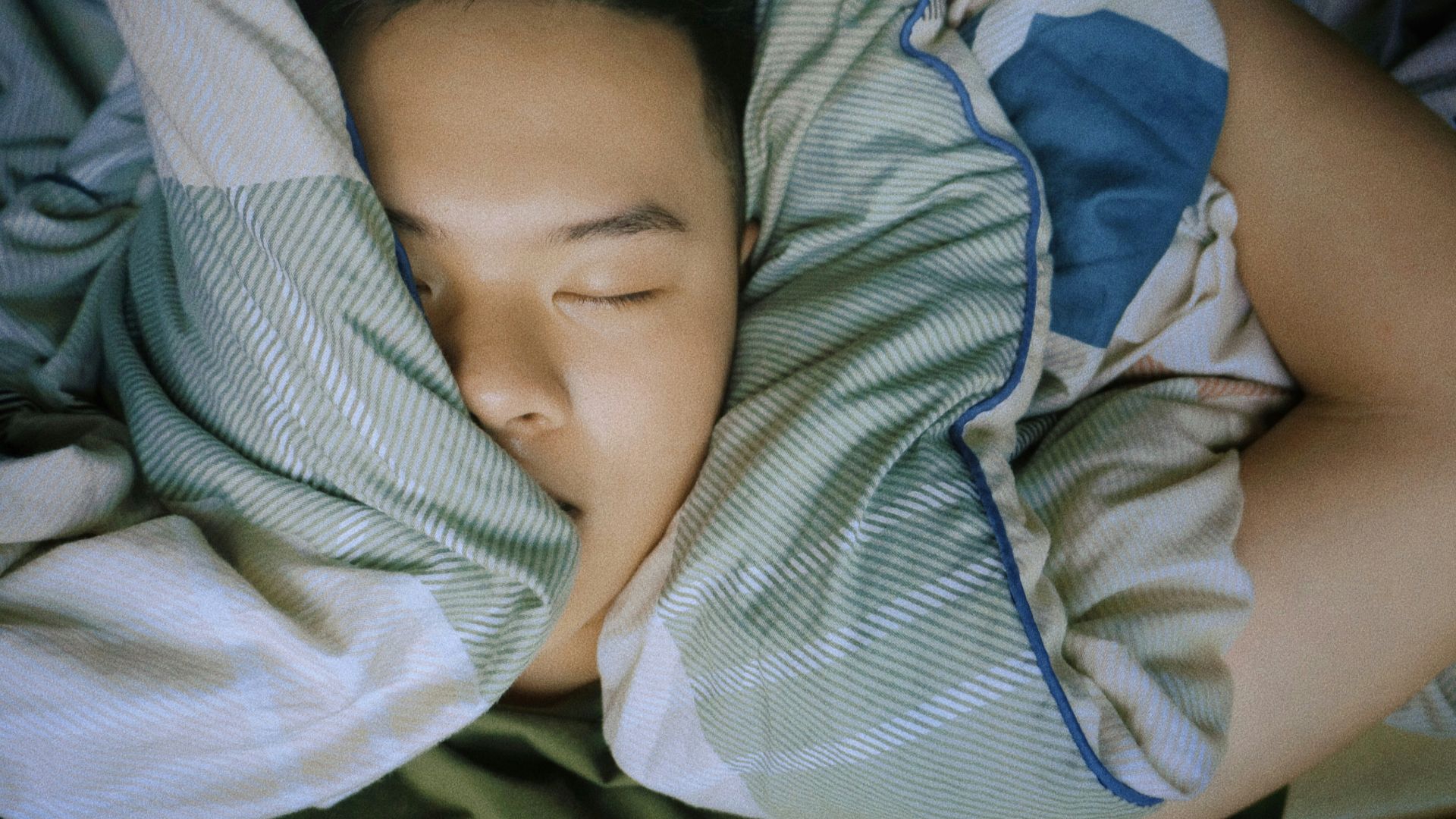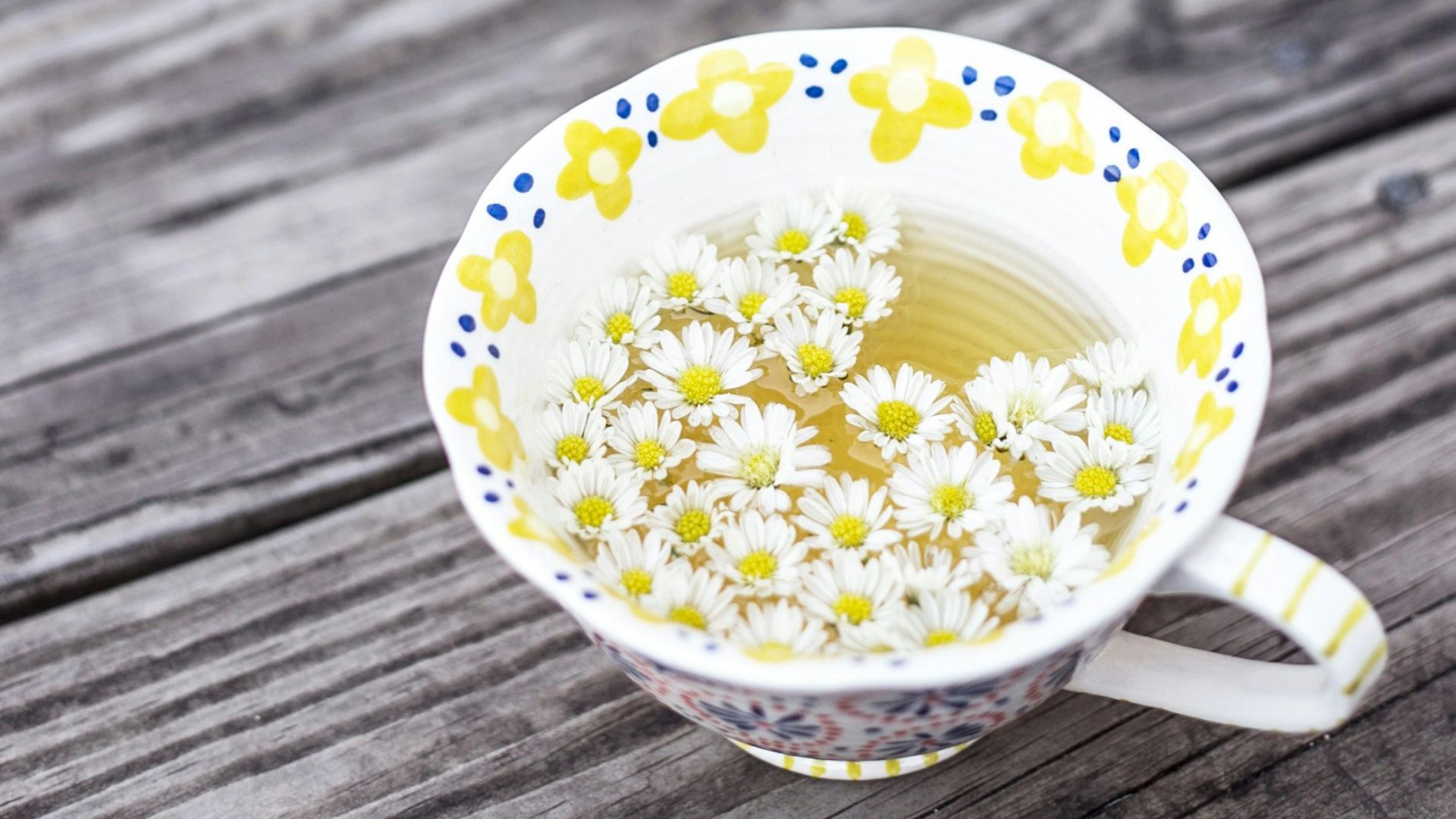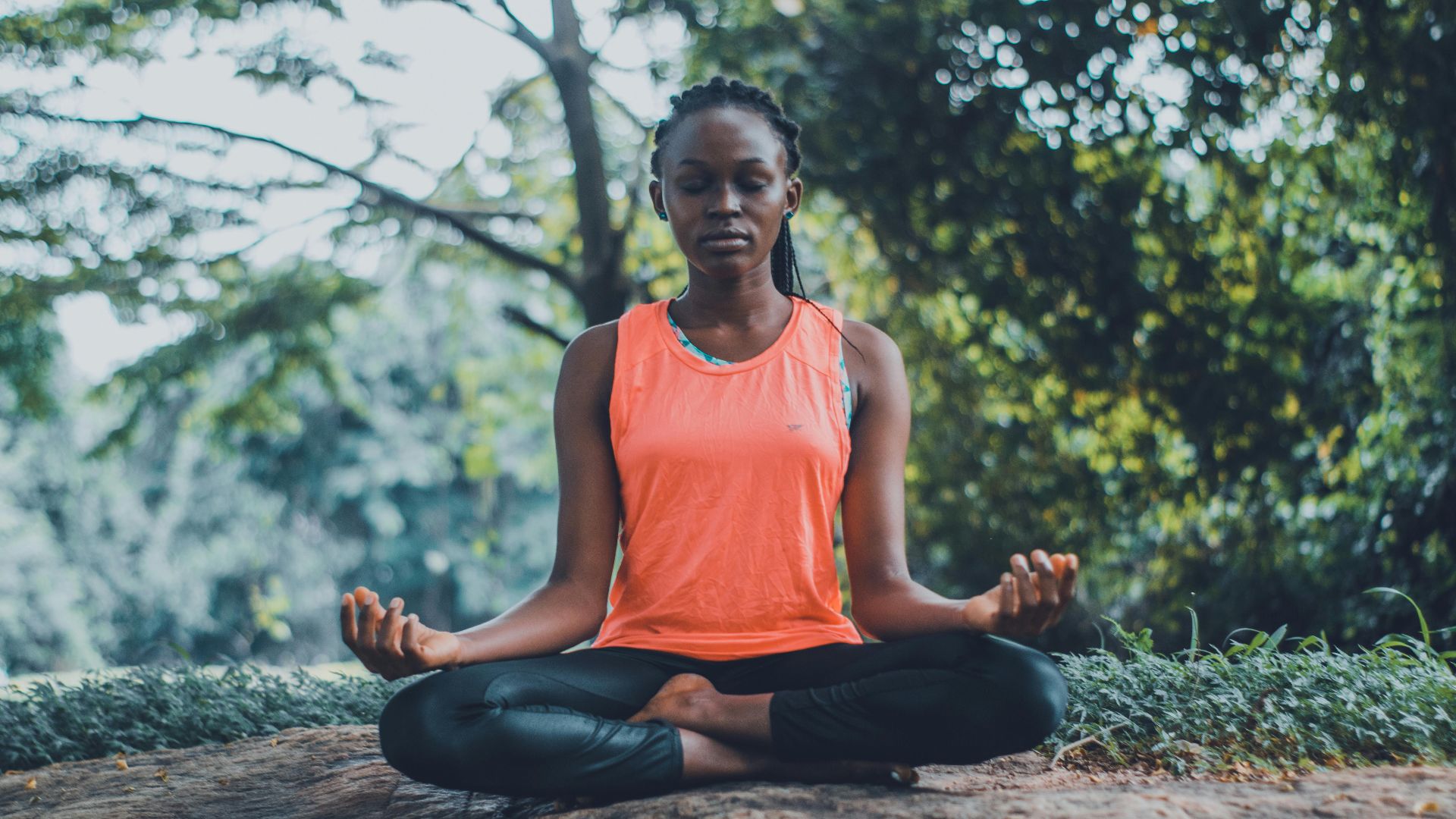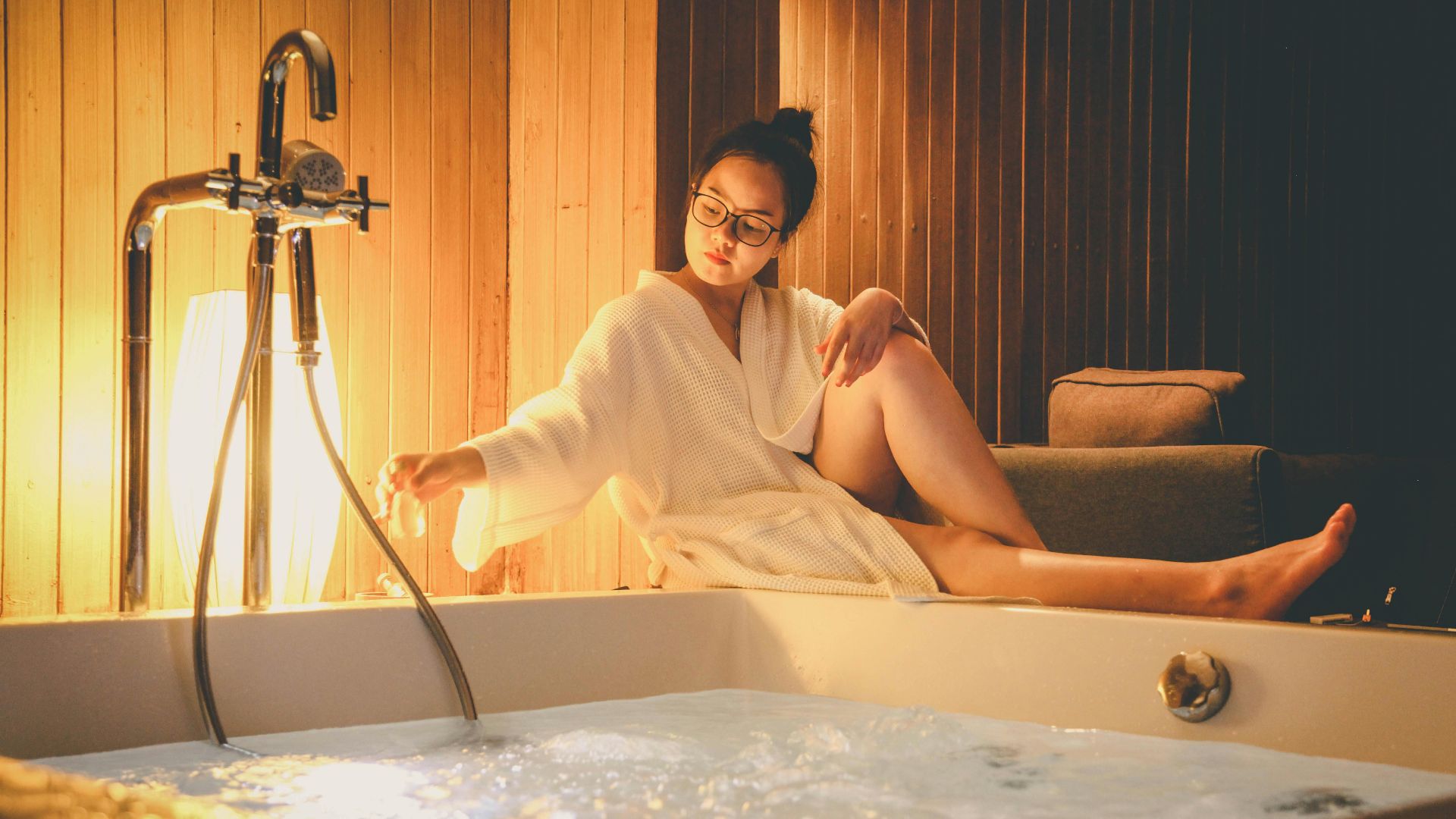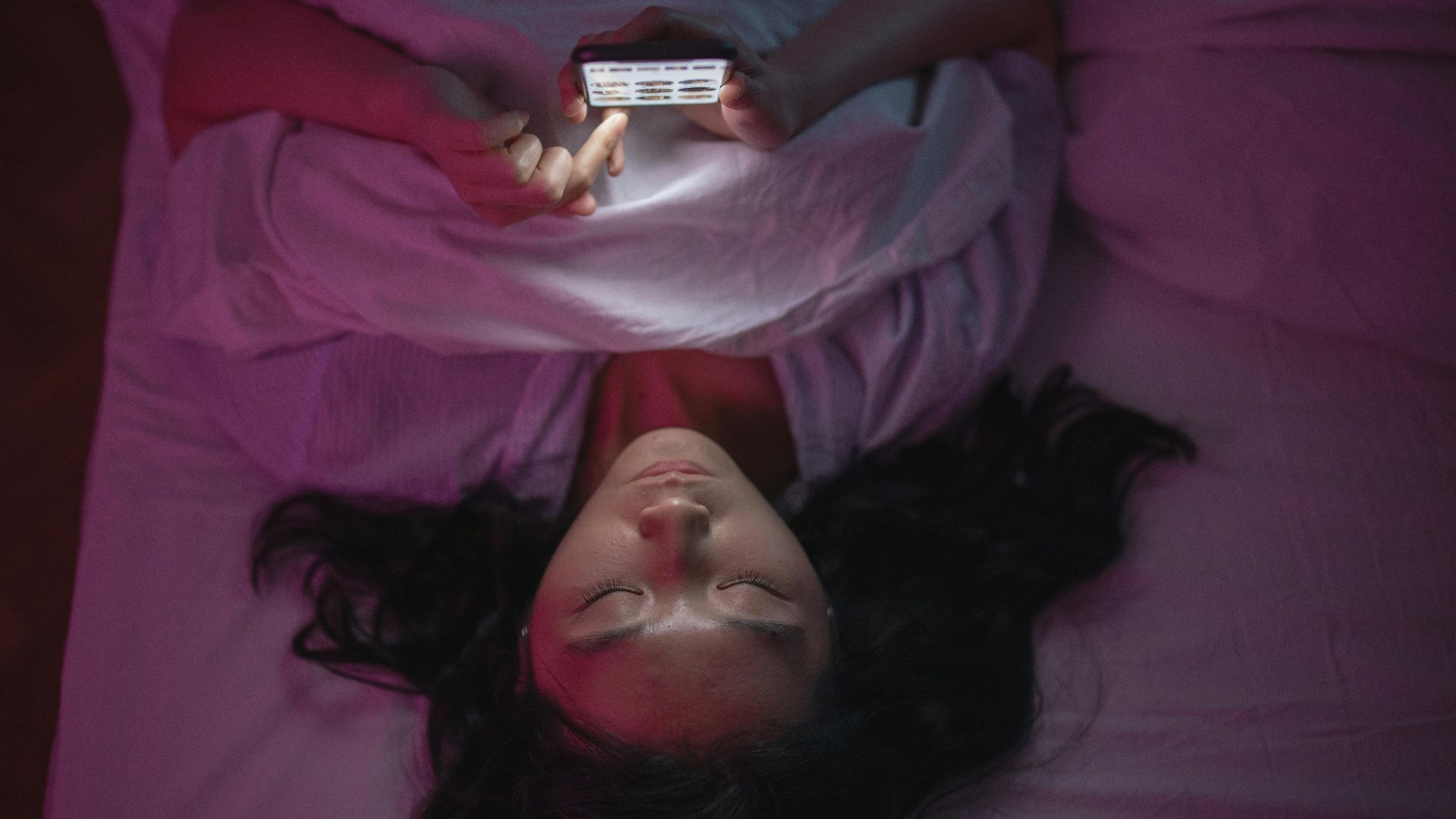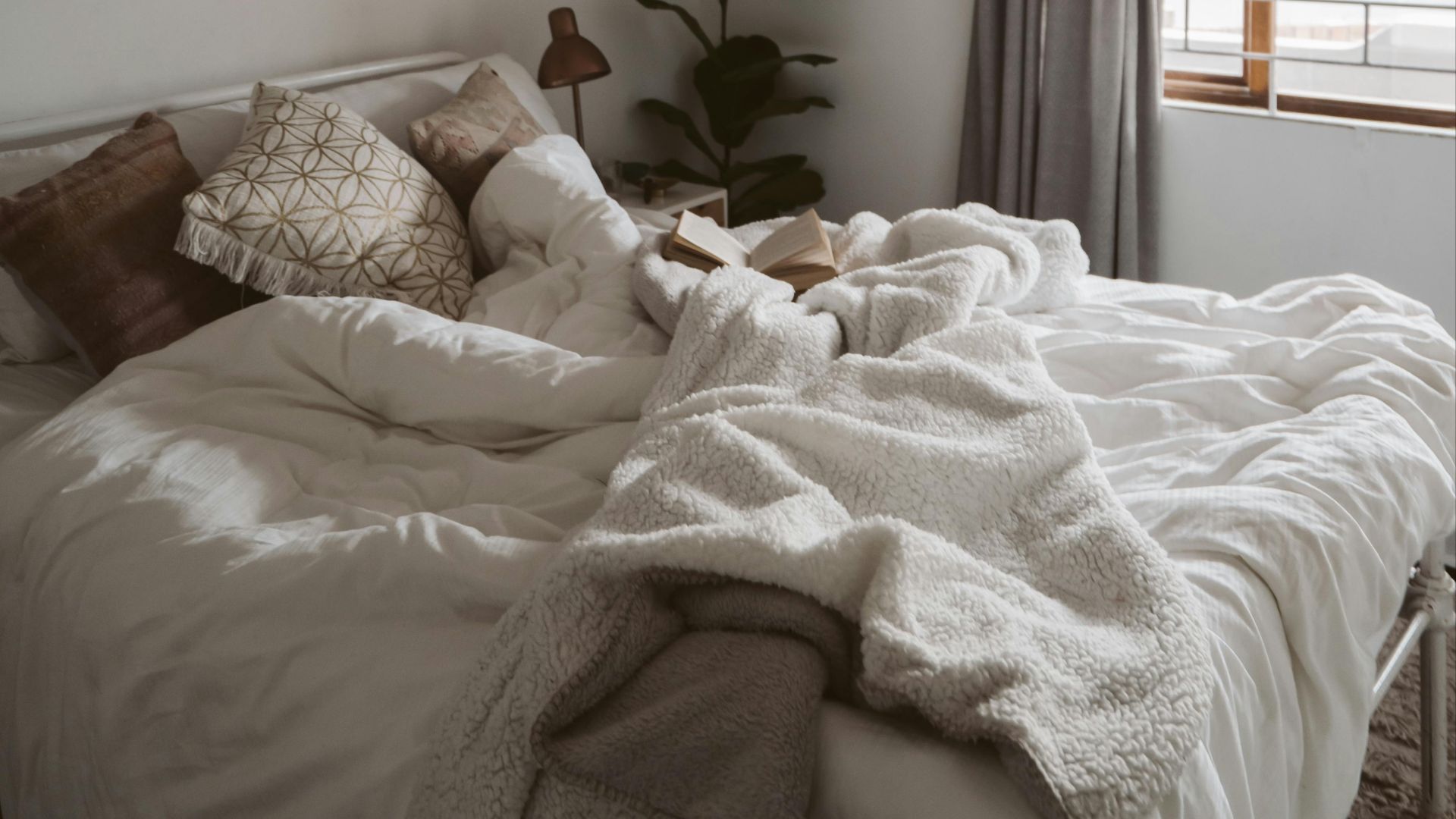Tired Of Counting Sheep?
Sleep is the most natural thing in the world, so why is it so hard? Throughout the day, we face countless barriers that affect our mental and physical health, and that includes our sleep-wake cycle. Even when you know the cause, you may not know the cure. Before turning to medication, try one of these sleep-inducing tricks.
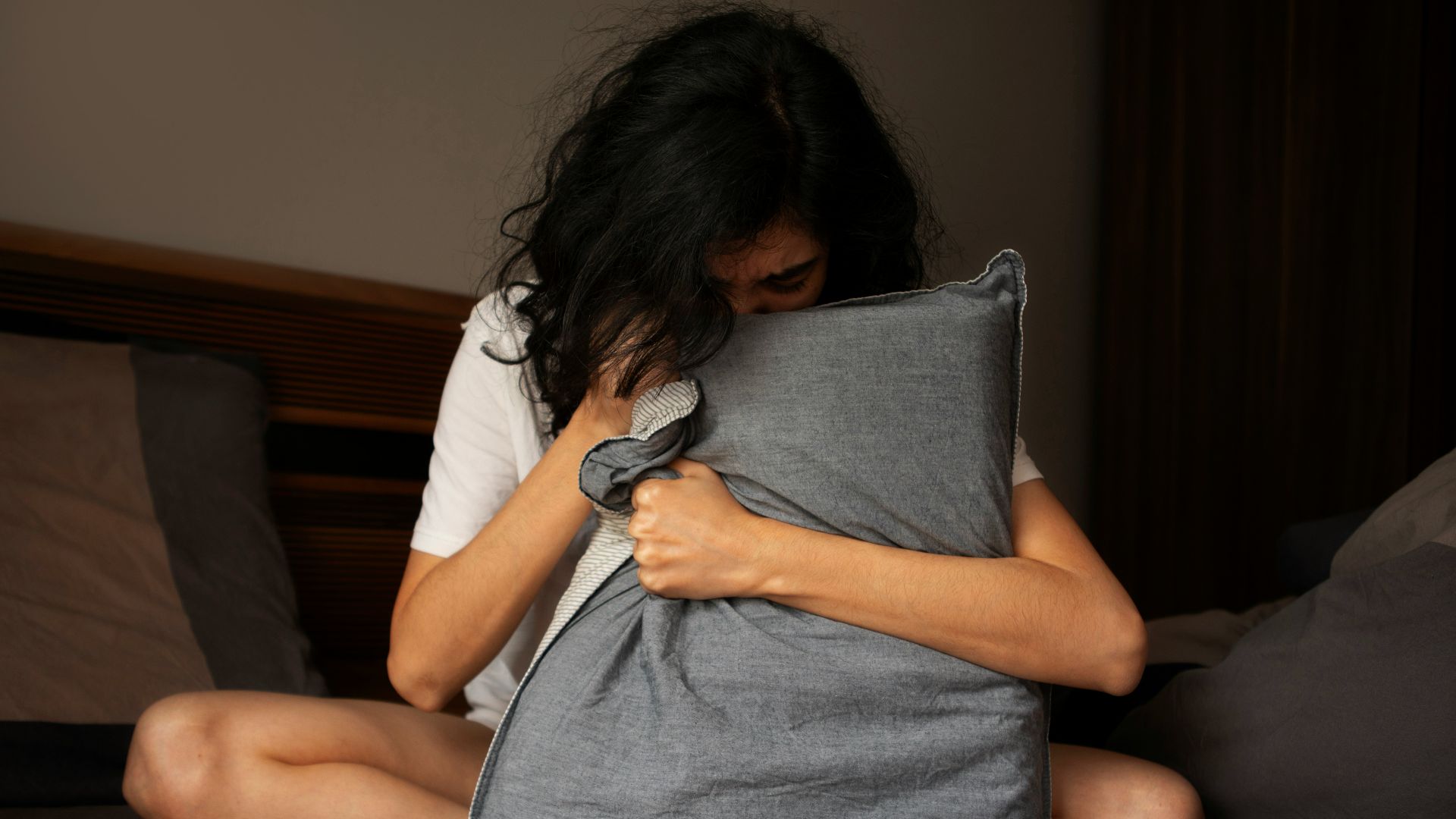 Solving Healthcare on Unsplash
Solving Healthcare on Unsplash
1. Stress
Our body makes a little thing called cortisol, a stress hormone that increases our alertness, heart rate, and blood pressure. Having cortisol spikes throughout the day is normal, but it can affect your ability to sleep if you’re unable to lower your cortisol levels before bed.
2. Sleep Apnea
Sleep apnea is when you experience frequent disruptions in breathing. When you suddenly stop breathing, your brain has to perform a “micro-awakening” to restore breathing. Unfortunately, these micro-awakenings severely impact sleep, as they break the continuous restful cycle where the body does most of its healing. It also causes physiological hyperarousal, which makes it harder to fall and stay asleep.
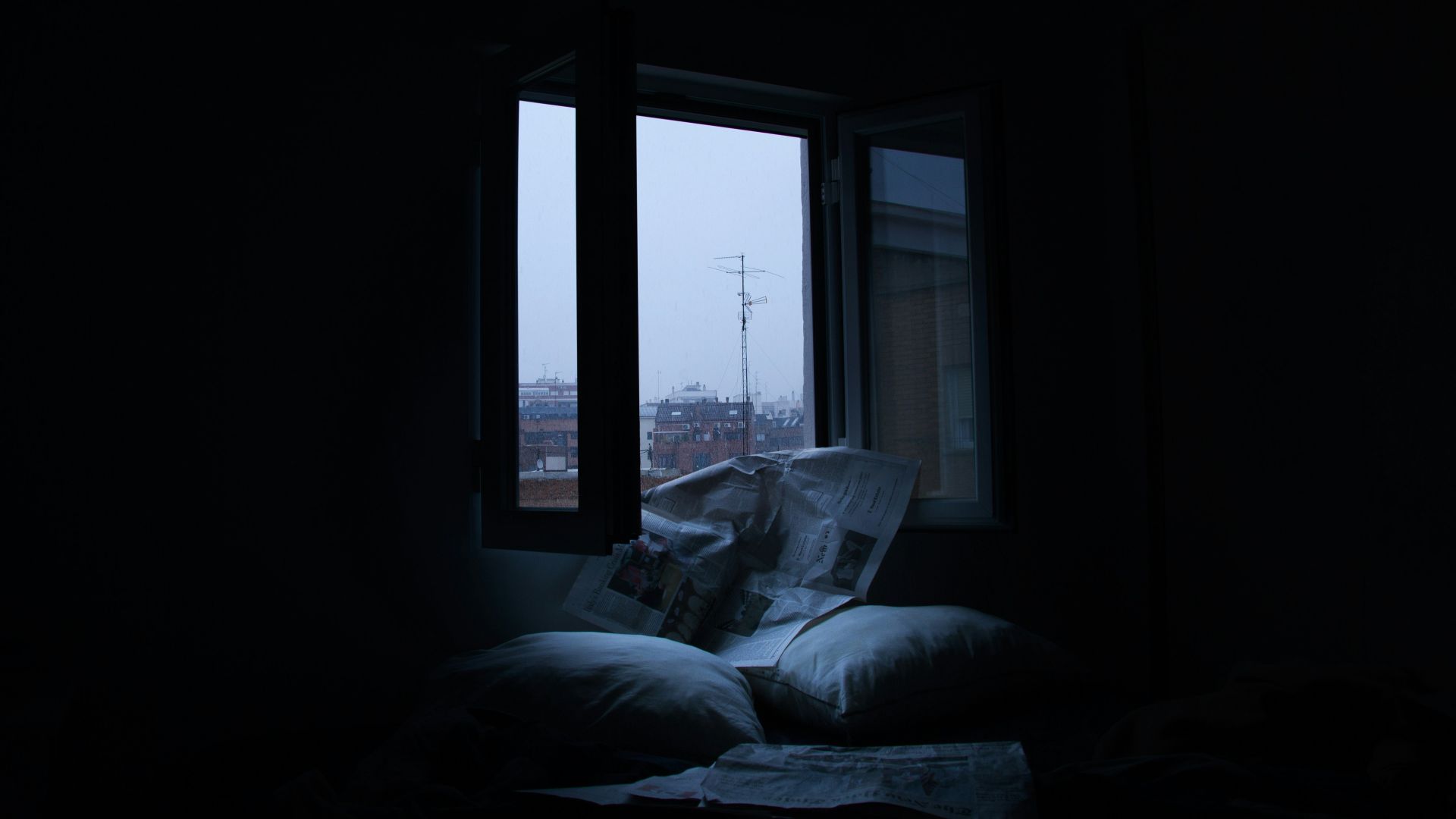 Helio E. López Vega on Unsplash
Helio E. López Vega on Unsplash
3. Irregular Sleep Schedule
Our clever bodies know when we’re supposed to wake up and when we’re supposed to fall asleep, known as our circadian rhythms. When you work irregular hours or tend to fall asleep too late, your body gets confused about when it should be awake or asleep.
4. Diet
Your diet can have a significant effect on your sleep schedule. For instance, diets high in processed foods, sugar, and saturated fat are often linked to poor sleep quality, while consuming caffeine, alcohol, or large meals close to bedtime can also impact your ability to slumber.
5. Physical Pain
We get it. You’re uncomfortable, you’re stressed, and to top it all off, you can’t get some decent shut-eye. Issues with physical pain make it difficult to move around comfortably when you’re trying to sleep. In turn, your brain triggers a stress response, keeping you awake.
6. Lack Of Exercise
Aside from the plethora of health concerns that come with little to no physical activity, it’s also linked to poor sleep quality. Physical activity can help regulate your circadian rhythm, which can be disrupted by a lack of activity. Not exercising is also linked to daytime fatigue, which can make it harder for you to fall asleep when you’re supposed to.
7. Medications
Unfortunately, certain medications play a role in sleep quality. Antidepressants, beta blockers, decongestants, diuretics, and nicotine replacements all contain ingredients that affect your sleep quality.
8. Restless Legs Syndrome
RLS is a common hereditary problem that is potentially linked to low iron levels, in which your body involuntarily jerks your legs around. RLS has been reported to be a leading cause of insomnia in the United States, as this constant movement can prevent individuals from falling and staying asleep.
9. Neurological Disorders
Disorders like Parkinson’s, dementia, epilepsy, MS, and strokes can all play a role in your ability to sleep. Alternatively, those who have suffered a traumatic brain injury may experience the reversal of the sleep-wake cycle, causing severe nighttime insomnia.
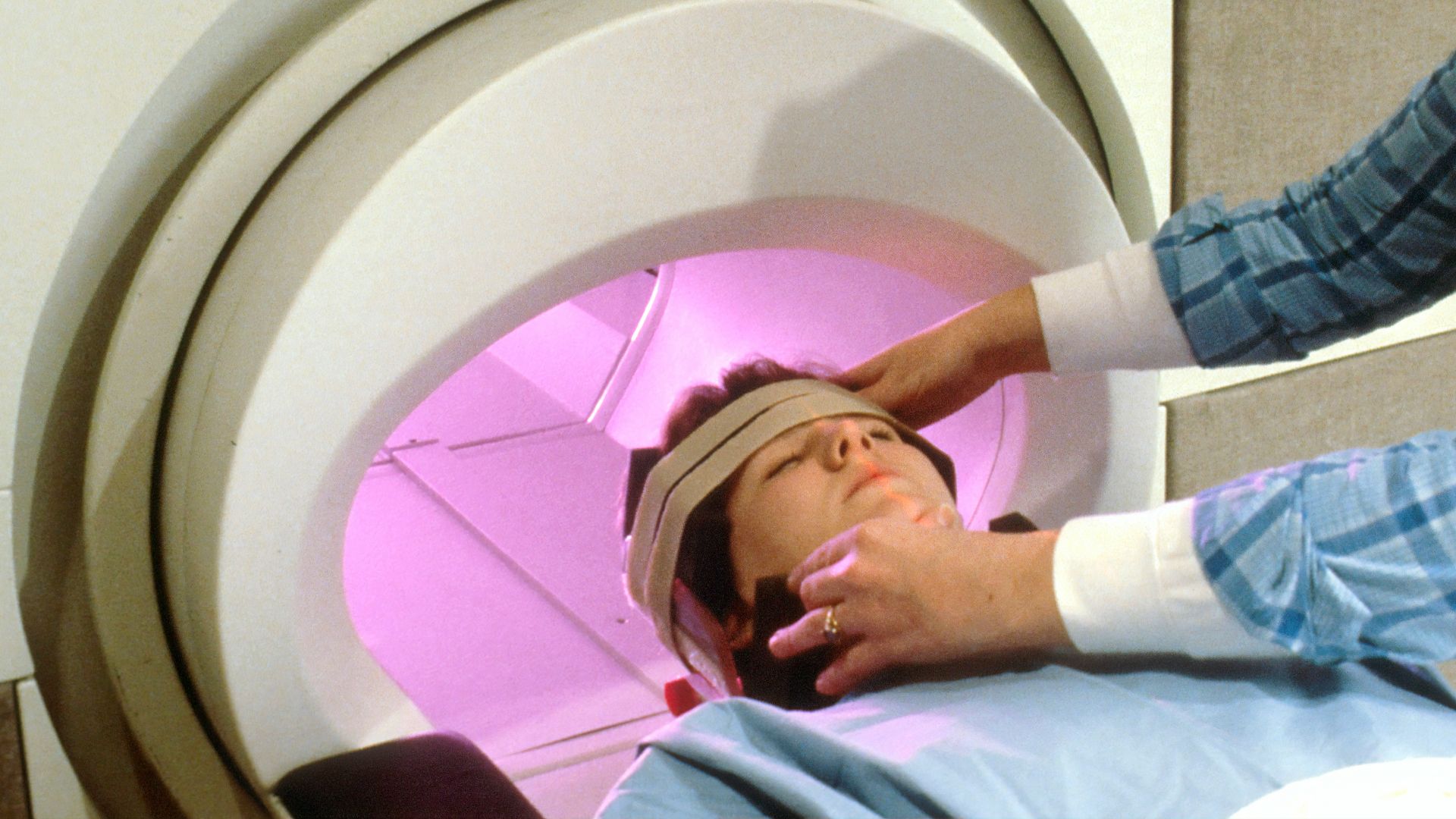 National Cancer Institute on Unsplash
National Cancer Institute on Unsplash
10. Uncomfortable Sleep Environment
If your room isn’t built for a supportive sleep environment, how do you expect to sleep? Factors like noise, light, temperature, and your bed all play a part in how well you sleep. Using your phone right before bed can also affect how well you sleep, as blue light exposure inhibits melatonin production.
1. Warm Drinks
You get a tasty bev and some sleepy feelings to boot? Sign us up! Warm drinks can help regulate your body temperature, mimicking the rises and drops that occur during sleep. Having a cup of warm milk specifically also has the melatonin-producing amino acid.
2. Meditation
By moving your body into a calm, relaxed state, you slow your heart rate, breathing, and lower your blood pressure. This alone can help you catch some zzzs, but meditation will help reduce all that pesky mental chatter that can keep you awake.
3. Pre-Bed Routine
We love to stress the importance of a morning routine, but a pre-bed routine is just as crucial. By regularly completing a series of tasks that help you wind down for the night, you’re signaling to your body that it's time to take a chill pill.
4. Exercise
Like we mentioned before, exercising regularly helps to regulate your internal clock. Alongside the circadian rhythm of it all, your body experiences a drop in temperature, similar to what occurs during your sleep cycle. It also reduces stress and anxiety by releasing endorphins, allowing you to curb the intensity of cortisol spikes.
5. Melatonin & Magnesium
If you can’t produce your own sleep hormones, store-bought is fine. This dynamic duo signals to the body that it's time to sleep and supports muscle relaxation, hopefully leading you to a much more peaceful sleep.
6. Cutting Snacks
While eating before bed can help to stabilize your blood sugar and offset cravings, your body is now actively digesting food while you’re trying to snooze. For the sleepiest results, it's often recommended to stop eating 2 to 3 hours before bed.
7. Exposure To Natural Light
Yes, you can curb your insomnia with the sun. This all comes back to your circadian rhythm, where ample sunlight during the day will regulate your body’s melatonin production. If you work in a low-light setting, find ways to absorb some vitamin D throughout your day.
8. Limiting Screen Time
That darn blue light loves messing up our sleep schedules. Instead of bombarding yourself with information overload, put your phone down 30 minutes to an hour before it's time to sleep. This is also a great opportunity to catch up on some reading.
9. Make Yourself Comfortable
It’s time for a mini room makeover. Buy those black lights, invest in some earplugs, put that white noise machine on, and snooze away. Limiting environmental disruptions can greatly improve sleep, while investing in a more comfortable mattress, pillow, or bedding can help with temperature and bodily comfort.
10. Cognitive Behavioral Therapy
Instead of turning to sleeping pills, CBT-i can help you change thoughts and behaviors often associated with insomnia. Relaxation training, stimulus control, and cognitive techniques all just a few ways that a professional can get you on the right track.
KEEP ON READING

20 Natural Ways You Can Boost Your Immune System

20 Ways To De-stress & Relax After Work

The 10 Most Common Diseases & The 10 Most Rare



